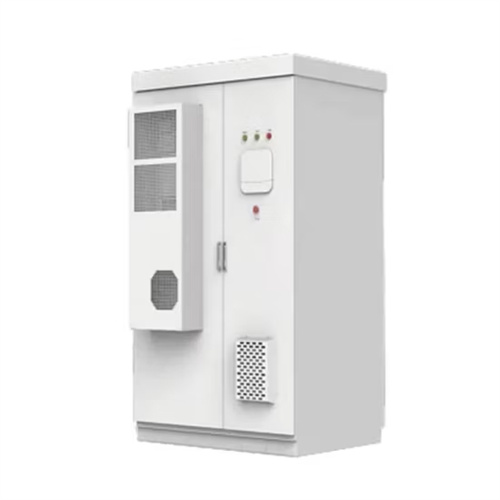
Discover new research from across the sciences in our international, high impact journals. Find out more about our values as a not-for-profit society publisher, our support for open science and our commitment to research integrity.
The Society''s medals, awards and prize lectures recognise excellence in science and technology. Our most prestigious award, the Copley Medal, was first awarded in 1731.
Explore the latest work from the Royal Society, from news stories and blog posts to policy statements and projects. You can also find resources for teachers and history of science researchers.
Wind and solar energy will provide a large fraction of Great Britain’s future electricity. To match wind and solar supplies, which are volatile, with demand, which is variable, they must be complemented by using wind and solar generated electricity that has been stored when there is an excess or adding flexible sources. This report (PDF)examines a range of options that can provide electricity when wind and solar are unable to meet demand.
Meeting the UK’s commitment to reach net zero by 2050 will require a large increase in electricitygeneration as fossil fuels are phased out. Much will come from wind and solar, which are the cheapest form of low-carbon supply, but vary over a wide range of timescales. No matter how much generating capacity is installed, there will be times when wind and solar cannot meet all demand, and large-scale storage will be needed. Historical weather records indicate that it will be necessary to store large amounts of energy (some 1000 times that provided by pumped hydro) for many years.
In order to meet GB’s needs in 2050, construction of large hydrogen stores must begin in the near future. There is also a need for large-scale demonstrations of other storage technologies. If the incentives that will be required to catalyse the necessary investments are not in place soon, GB will not have the storage that will be required when it is needed.
The Royal Society has produced a report (PDF)that addresses the issues and a briefing document (PDF)summarising the findings. Supplementary information (PDF)for the report is also available.
Carbon Trust commissioned a study from Energy Futures Lab that would address some of the key questions in relation to the future role of electricity storage in the UK. This resulted in the report, Strategic Assessment of the Role and Value of Energy Storage Systems in the UK Low Carbon Energy Future.
The whole-systems cost minimisation approach used by the team found energy storage technologies will be vital in a low carbon energy system that has a large generation contribution from renewable sources. They also found further benefits to several sectors in the electricity industry including generation, transmission and distribution, demand and supply balancing, network congestion management and system reinforcement.
The Carbon Trust commissioned this study from the Energy Futures Lab at Imperial College London to address some of the key questions in relation to the future role of electricity storage in the UK: what are the cost targets and scale of deployment? What are the benefits of storage across different time scales and different sectors of the system (from real time operation to investment time scale, considering generation, transmission and distribution sectors)? What type of storage delivers the highest value and where should it be placed on the network?
This could see the first significant long duration energy storage (LDES) facilities in nearly 4 decades, helping to create back up renewable power and bolster the UK''s energy security.
These technologies work like giant batteries by storing renewable energy and releasing it onto the grid and into homes when needed. This includes pumped storage hydro, which stores electricity by pumping water up a reservoir, to be released later.
About London benefits of energy storage
As the photovoltaic (PV) industry continues to evolve, advancements in London benefits of energy storage have become critical to optimizing the utilization of renewable energy sources. From innovative battery technologies to intelligent energy management systems, these solutions are transforming the way we store and distribute solar-generated electricity.
When you're looking for the latest and most efficient London benefits of energy storage for your PV project, our website offers a comprehensive selection of cutting-edge products designed to meet your specific requirements. Whether you're a renewable energy developer, utility company, or commercial enterprise looking to reduce your carbon footprint, we have the solutions to help you harness the full potential of solar energy.
By interacting with our online customer service, you'll gain a deep understanding of the various London benefits of energy storage featured in our extensive catalog, such as high-efficiency storage batteries and intelligent energy management systems, and how they work together to provide a stable and reliable power supply for your PV projects.
Related Contents


